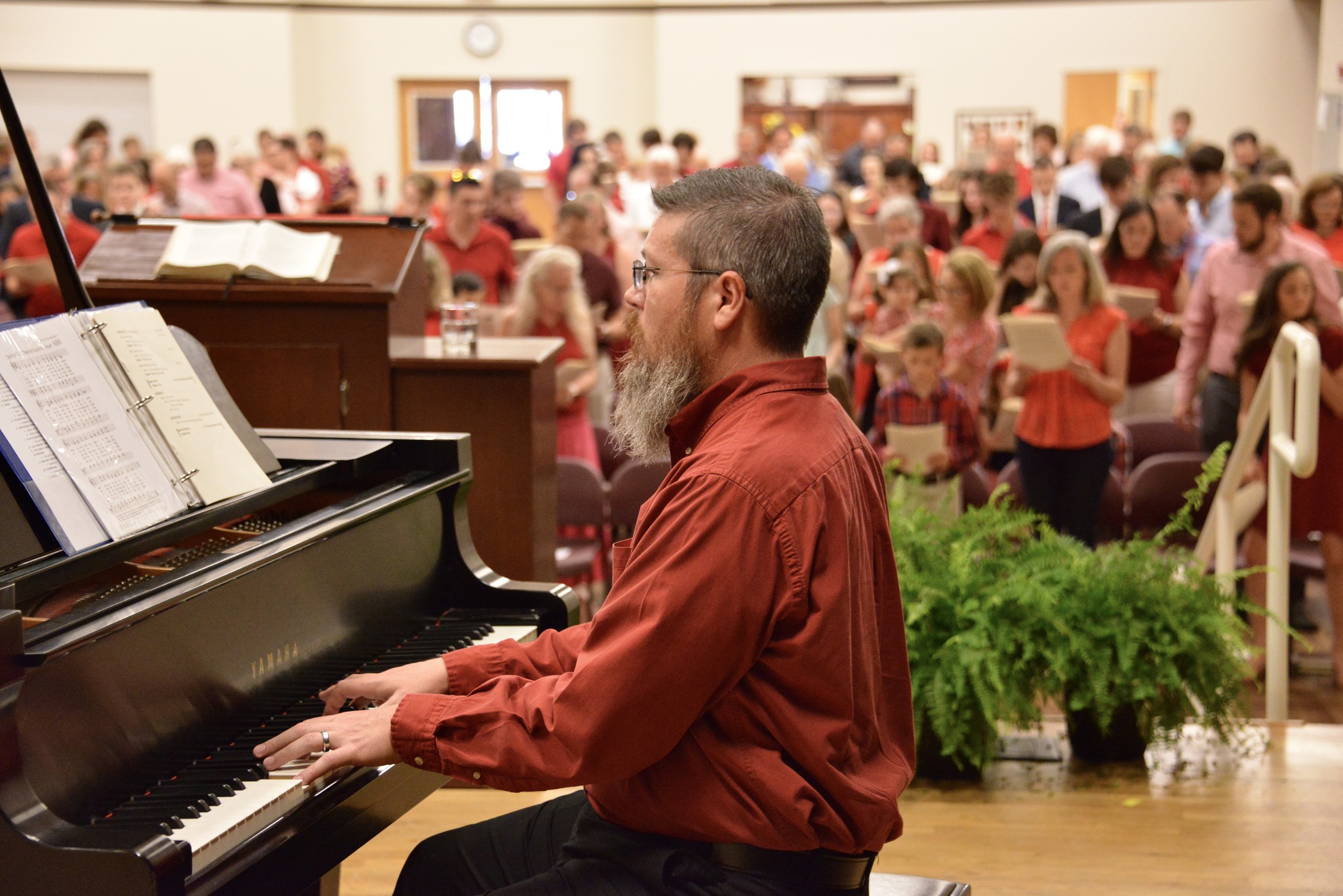In the 19th century, the evangelist Charles Finney, known for creating the invitational system, changed how music was done in Church. Music was no longer in praise of God but a way of drawing people to the front to make public professions. This model was adopted in the United States and is very much prominent today.
Music, for Finney, was utilitarian. “How can I draw people to God through their emotions and tears?” Rather than “How can we adore the Triune God?” There is a fundamental difference.
One recent theologian was perplexed by how modern Americans read their Bibles. Instead of asking, “What does the text mean?” we ask, “What does it mean to me?” We have become self-interpreters. We have become infatuated with the way something affects us. And if it doesn’t fit my style, then I will find something else. We have divided the evangelical church into “Traditional vs. Contemporary.” In other words, if you are between the age of 20-45, you are encouraged to visit our contemporary service, and if you are older, please attend our traditional service at 11.
We have segregated the evangelical church into preferences. Now there are things preferential in the Church: the color of chairs, curtains, bagels, etc. But worship must be regulated according to God’s holy word.
When the contemporary church asks: “Why do our children suddenly decide to worship elsewhere when they are older instead of mom and dad’s church?” The answer is that we have segregated our children for so long that they logically want to be separated from us.
History is made up of happy major chords and sad minor chords. It is a story of joy and sorrow. Therefore, our music must reflect not just exuberance but also the deep anguish of Scriptures. Biblical, Church music should be reverential, joyful, exuberant, shout-worthy, mournful, lamentable, and war-like. Music dresses us in priestly garments (Eph. 6:10-20).
It ought to shape our way of thinking about everything. Church music ought to appeal to you and your children. In Psalm 8, God says from the mouths of infants, I have declared my praise. You should sing a hymn and then say, “I am more aware of who God is because of what I have just sung.” You should have Psalms 2, 98, and 110 going through your minds as you work from Monday through Friday. They communicate God’s plans for his people and how he promises to deliver his people from evil.
God’s hymns need to take you back to when you were ill and God rescued you; when a loved one was diagnosed with cancer and God poured grace and mercy. God’s music needs to take you to his works on your behalf. You need music that elevates the power of God from a Santa Claus figure to the magnificent creator of every star and planet, God, the Father, Son, and Holy Spirit.
There is a distinctness to corporate worship music. In other words, what you sing with God’s people on the Lord’s Day worship should sound very different than a workout or wedding reception music. In the Temple, Yahweh God made its worship entirely different than anything outside of it. This was one way God kept Israel separate from the other nations.
Music is not preferential. It is God-rendered. We sing; therefore, we are what God wants us to be.













